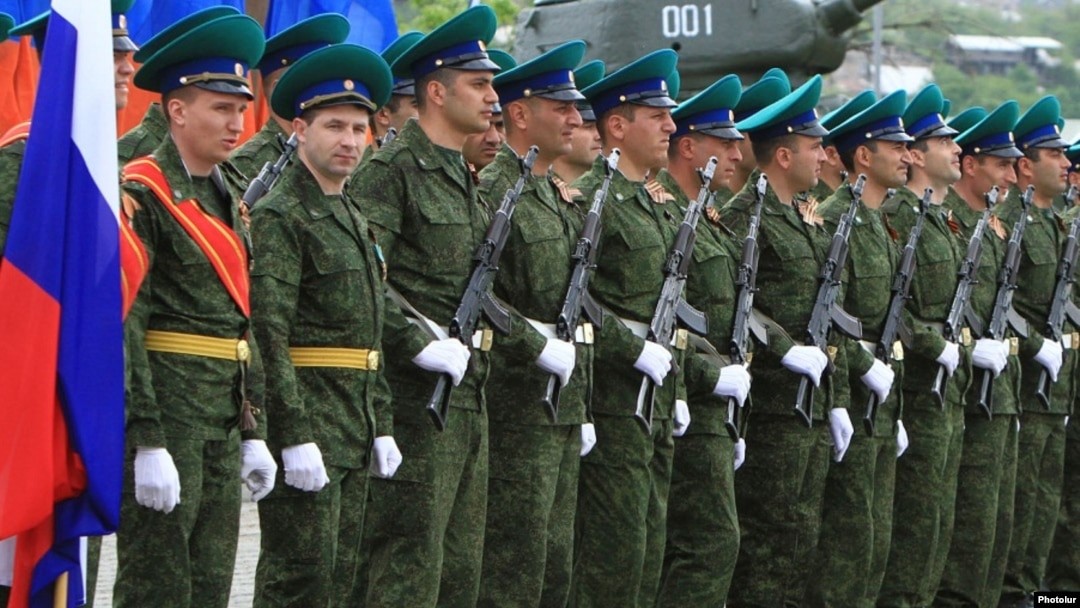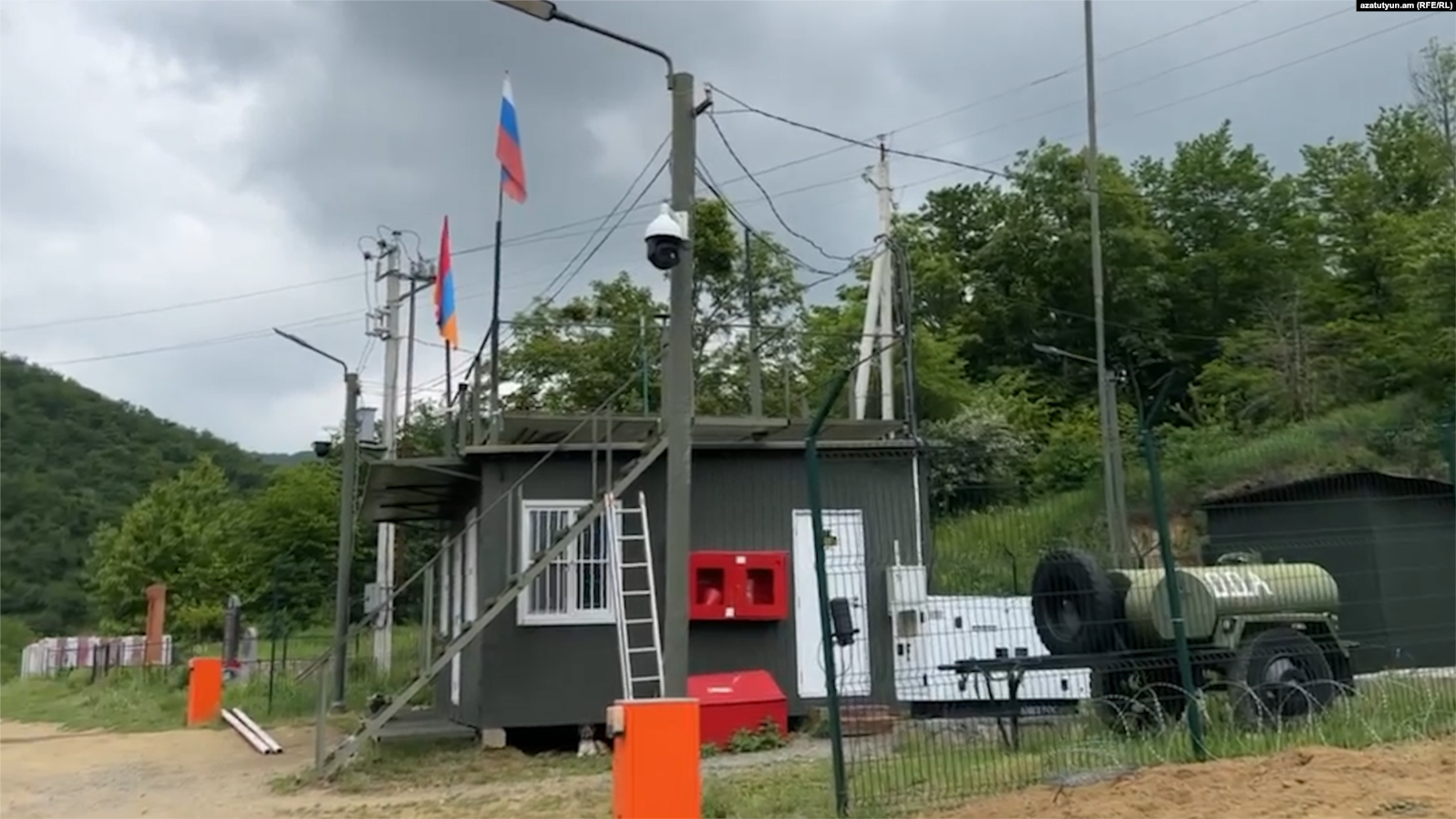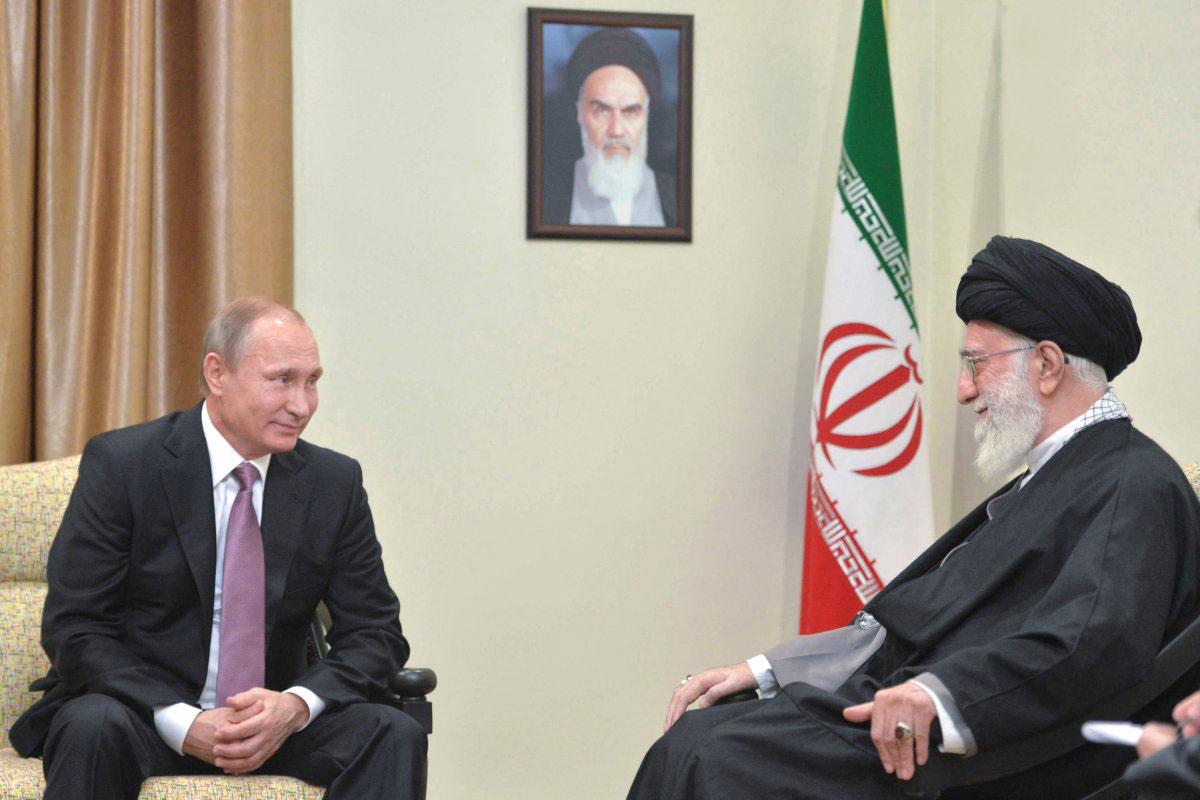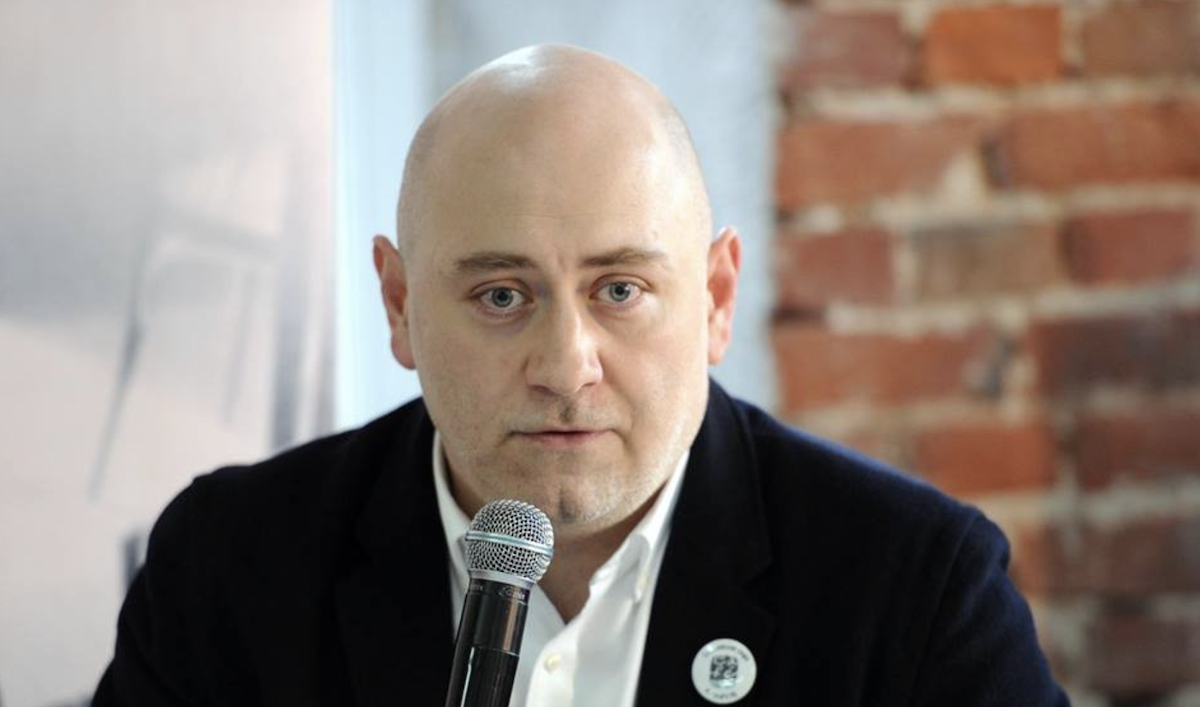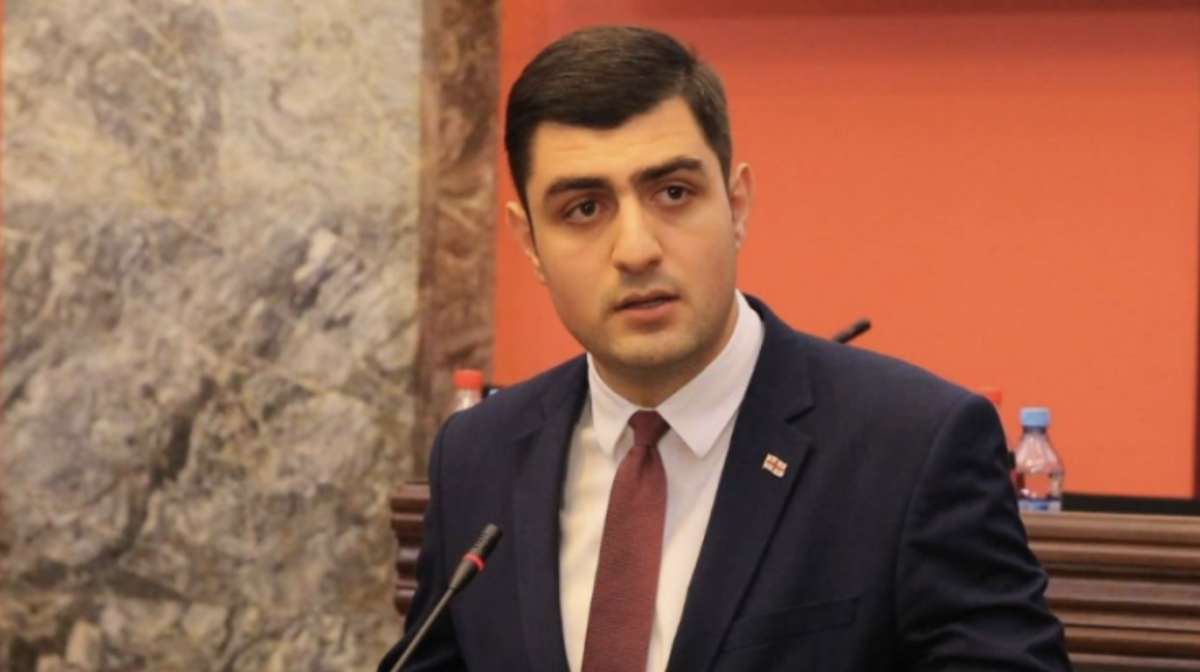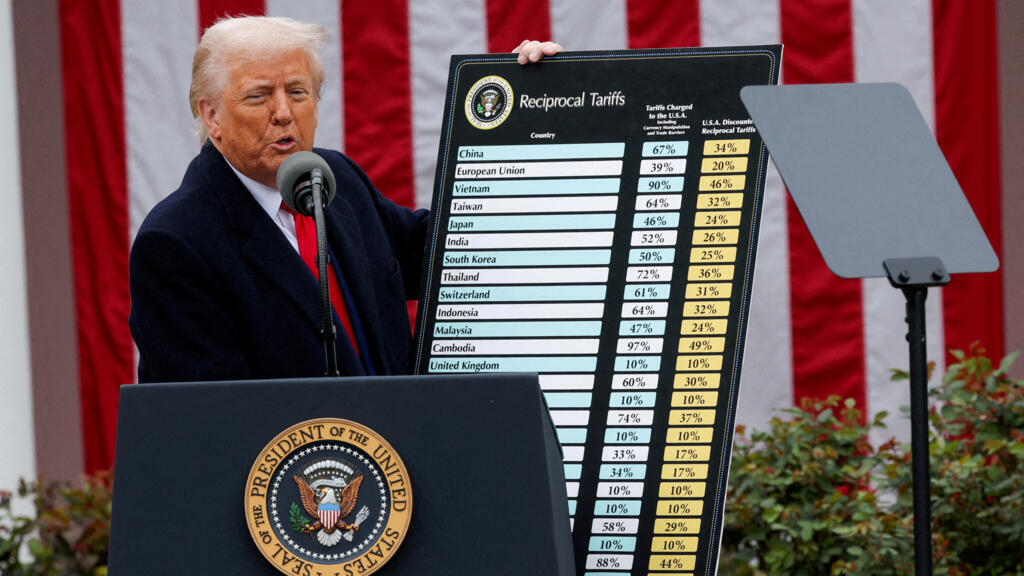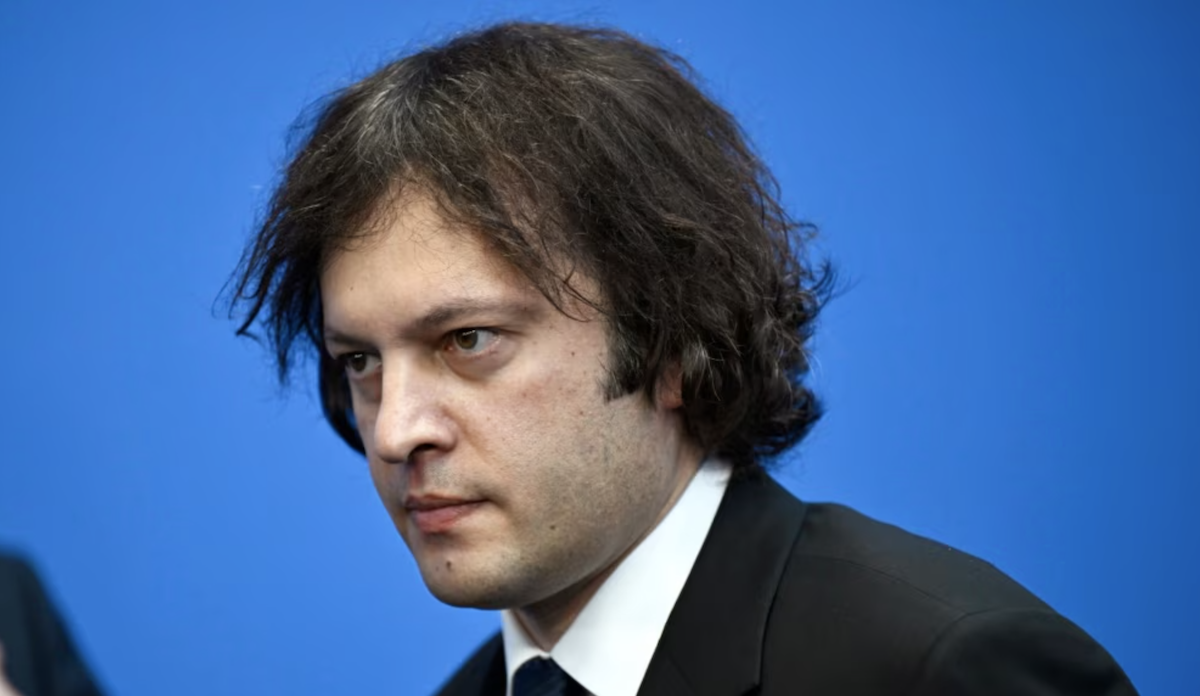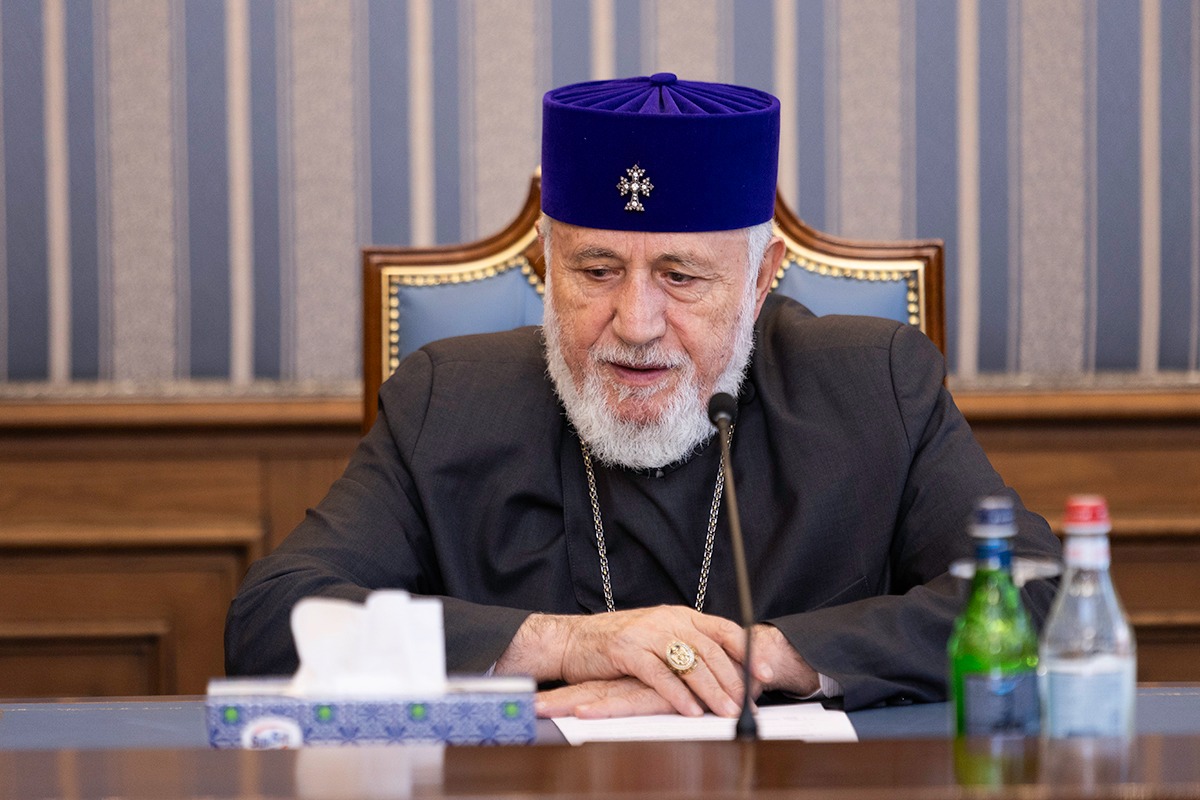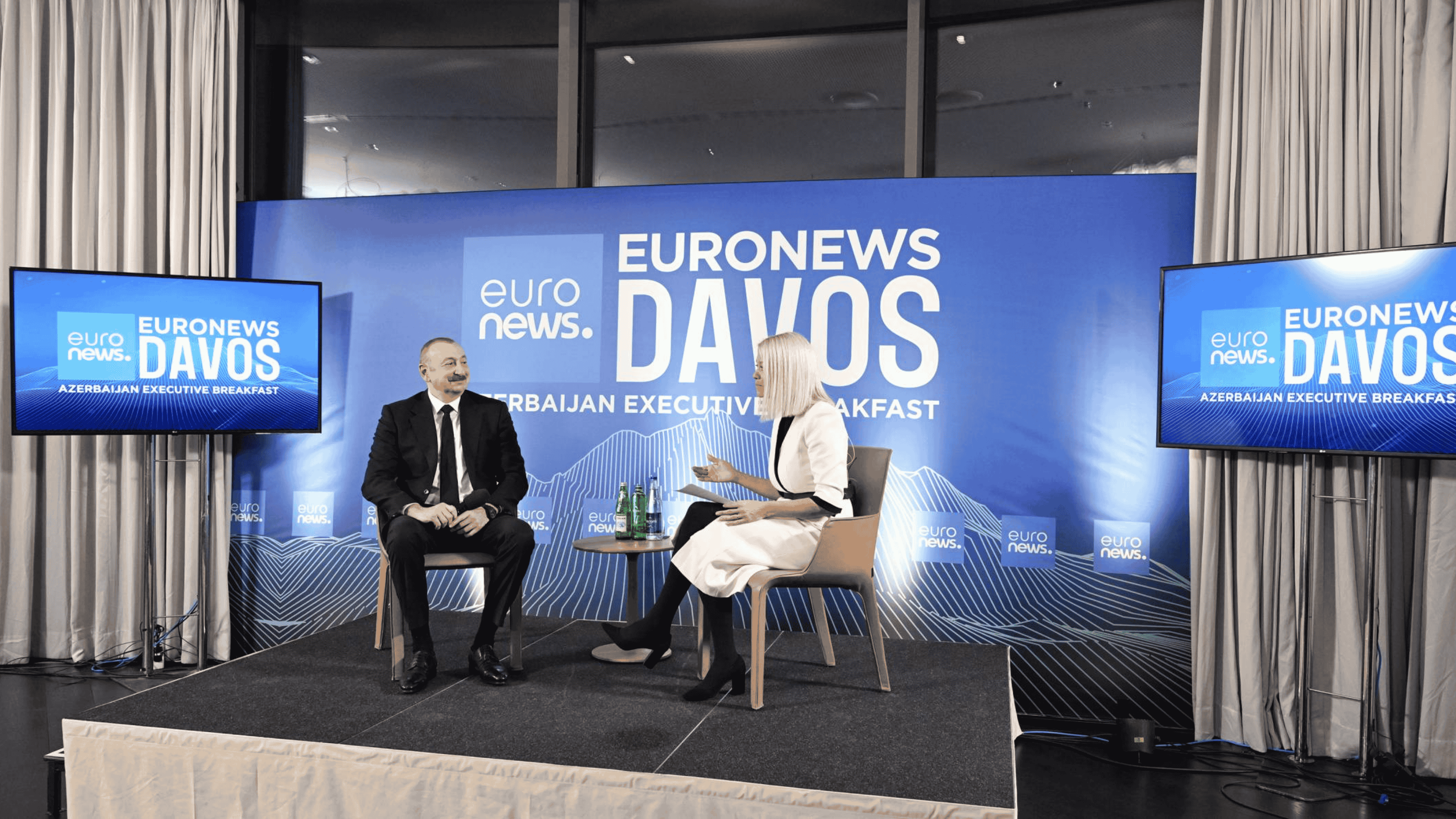Op-ed: "Russia wouldn’t view withdrawal from the Armenia-Iran border crossing as a red line"
Outcomes of Pashinyan’s visit to Moscow
Starting from January 1, 2025, the Armenia-Iran border checkpoint will be fully controlled by the Border guard troops of Armenia’s National Security Service (NSS). In other words, the Russian FSB border troops will withdraw. Armenian border guards will also take responsibility for securing the entire perimeter of the state borders with Iran and Turkey.
This agreement, reached during the recent Pashinyan – Putin meeting in Moscow, was announced by the Armenian Prime Minister’s spokesperson, Nazeli Baghdasaryan.
The Russian FSB’s Border guard directorate has been protecting Armenia’s borders with Turkey and Iran under the interstate agreement “On the status of the border troops of the Russian Federation deployed on the territory of the Republic of Armenia and the conditions of their activity.” This agreement was signed in 1992.
Several months ago, Russian border guards also withdrew from Zvartnots Airport and from Armenia’s border regions with Azerbaijan. They had been deployed in these regions after the 2020 Nagorno-Karabakh war.
Most Armenian analysts view the recent agreement for the Russian border guards’ withdrawal as a result of Armenia’s consistent diplomatic efforts and as a natural continuation of an earlier process. However, there is also an opinion that in terms of its “geopolitical significance,” this agreement is not Armenian-Russian but rather Russian-Iranian.
- “CSTO poses a threat to Armenia’s security and future existence,” says Pashinyan
- Opinion from Yerevan: “A Russian-Azerbaijani tandem is forming”
- “Both a victorious and defeated Russia pose a threat to Armenia”: A view from Yerevan
The ongoing process of withdrawing Russian troops from Armenia
A previous similar agreement was also reached during a meeting between Pashinyan and Putin. This took place on May 8, 2024. At that time, the Armenian Prime Minister managed to secure the withdrawal of Russian border guards from Zvartnots Airport and from the border regions adjacent to Azerbaijan, including Vayots Dzor, Tavush, Syunik, Gegharkunik, and Ararat.
“Pashinyan stated that due to the changing circumstances, there is no longer a need for this presence. President Putin agreed, and the withdrawal of our military and border guards was finalized,” Kremlin representative Dmitry Peskov said that time.
Since August 1, the National Security Service (NSS) of Armenia has assumed responsibility for border security at the airport.
There is no official information regarding how many Russian border guards were stationed at Zvartnots Airport. The NSS has stated that this is “a state secret.” However, it is known that they have not left Armenian territory.
“The Russian border guards who left Zvartnots Airport continue to serve along the Armenia-Turkey and Armenia-Iran borders,” the NSS reported.
Comments
Political analyst Lilit Dallakyan views the agreements reached in Moscow as a positive step and a certain achievement.
“This signifies an increase in Armenia’s sovereignty, which is crucial, especially in the context of deepening our relations with the European Union. The fact that we didn’t control or even have a presence on two of our most important borders couldn’t be considered normal,” she told JAMnews.
However, she emphasizes that while the Russians will leave the checkpoints, they will continue to serve on both the Armenia-Iran and Armenia-Turkey borders:
“It would be better if there were no Russian control at all. We need to move in small steps, but at a fast pace. We must use all the tools at our disposal to remove them from the borders.”
According to the political analyst, Russia does not view the withdrawal from the checkpoint as a red line.
“The Russians know that the goods transported through the Armenia-Iran border will not contradict Russia’s interests. Additionally, they will maintain their presence here. Even if they aren’t at the checkpoint, they will still remain on the Armenia-Iran border. The red line for Moscow is to completely leave the border, and at this moment, I don’t consider that realistic,” she explained.
Lilit Dallakyan recalls recent statements made by Russian officials, which she believes highlight the strategic importance of the Armenia-Iran border for Russia:
“First, Peskov used the term ‘Zangezur Corridor’ [referring to the road through Armenia connecting Azerbaijan with Nakhchivan, over which Russia seeks control]. Then, Russian Deputy Prime Minister Overchuk stated that Armenia and Azerbaijan would not be able to unblock regional communications without Russia. This indicates that Russia has no intention of leaving this region.”
The political analyst does not rule out the possibility that, in exchange for the withdrawal of its border guards, Moscow received certain concessions from Yerevan. She says this will become clear in the coming days as more information emerges.
Political observer Hakob Badalyan views the agreement reached “in the context of geopolitical aspects and regional nuances.” He wrote about this on his Facebook page.
He points out that the agreement was reached just a few days before the first meeting between Putin and the President of Iran, scheduled to take place in Turkmenistan on October 11.
“On October 22-24, the BRICS summit will be held in Kazan, where Pezeskhian will attend. In fact, it turns out that Putin and the President of Iran ‘cannot wait’ for 10 days. And their first meeting will not take place in Russia, but in Turkmenistan. This means there’s a serious matter for discussion if they ‘cannot wait’ for the meeting in Kazan,” says Badalyan.
In this regard, he views the agreement with Putin as a Russian-Iranian one, rather than an Armenian-Russian one:
“In essence, Russia is ‘withdrawing, vacating its position between Armenia and Iran.’ This is a significant gesture of trust towards Iran, because, in geopolitical terms, Russia is entrusting the Armenia-Iran communication not to Armenia, but to Iran.”
The analyst emphasizes that this move was made just ahead of the meeting with Pezeskhian, which implies that Moscow is expecting a “reciprocal gesture” from Tehran:
“In what form? Could it be through the signing of a Russian-Iranian agreement, or within the context of the Kazan summit, or in relation to current events in the Middle East? Or perhaps it’s a gesture of trust towards Iran in exchange for an agreement on an issue concerning the Caucasus? It’s hard to provide a definitive answer,” he noted.
Follow us – Twitter | Facebook | Instagram
Outcomes of Pashinyan’s visit to Moscow










